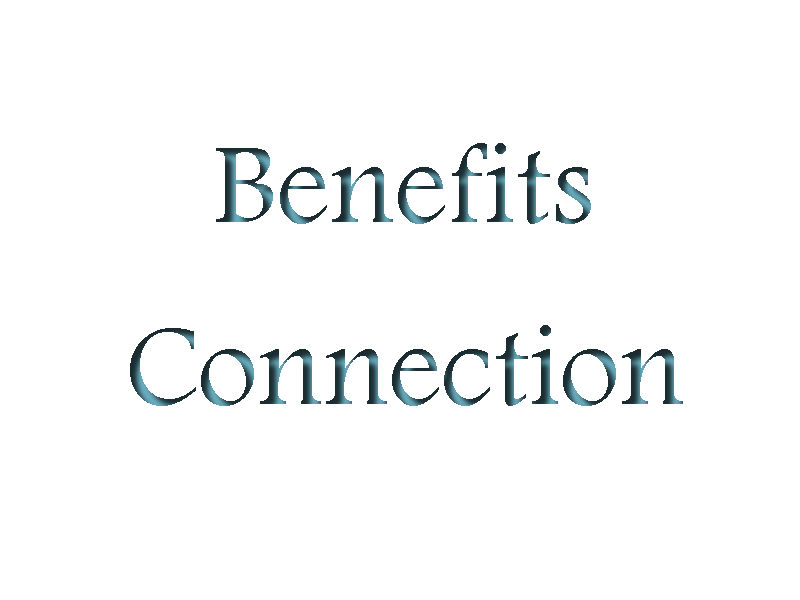News
‘Cadillac Tax’ Delayed For Two Years

taken from CIGNA’s Informed on Reform
On December 18, 2015, Congress passed a two-year delay on the 40 percent excise tax on high-cost employer-sponsored health plans, also known as the “Cadillac Tax.” This delay was part of a year-end tax extender and government funding package, the Consolidated Appropriations Act, 2016, known as the “Omnibus.”
The Omnibus includes several key changes pertaining to the Affordable Care Act:
Excise Tax
Implementation of the 40 percent excise tax is delayed from 2018 to 2020. While the tax was originally non-tax deductible, the Omnibus changes that treatment and make the tax deductible.
The 40 percent excise tax applies to the cost of employer health plan coverage exceeding certain threshold amounts, which were originally set for 2018 at $10,200 for individuals or $27,500 for families. These thresholds are indexed and will be higher on the delayed effective date in 2020. The Omnibus also calls for a study on how to determine adjustments to these thresholds to reflect age and gender differences between businesses.
Many employers, unions, insurers and industry groups have apposed the tax based on concerns around administrative and financial burdens for employers and adverse outcomes for employees.
The delay allows the government additional time to propose regulations. It also provides opportunity for stakeholders to provide comments, as well as prepare their long-term health benefits strategies.
Health Insurance Industry Fee (a.k.a. Health Insurer Tax)
The Omnibus also suspends the Health Insurance Industry Fee for 2017. This fee began in 2014 and only impacts insured health plans.
